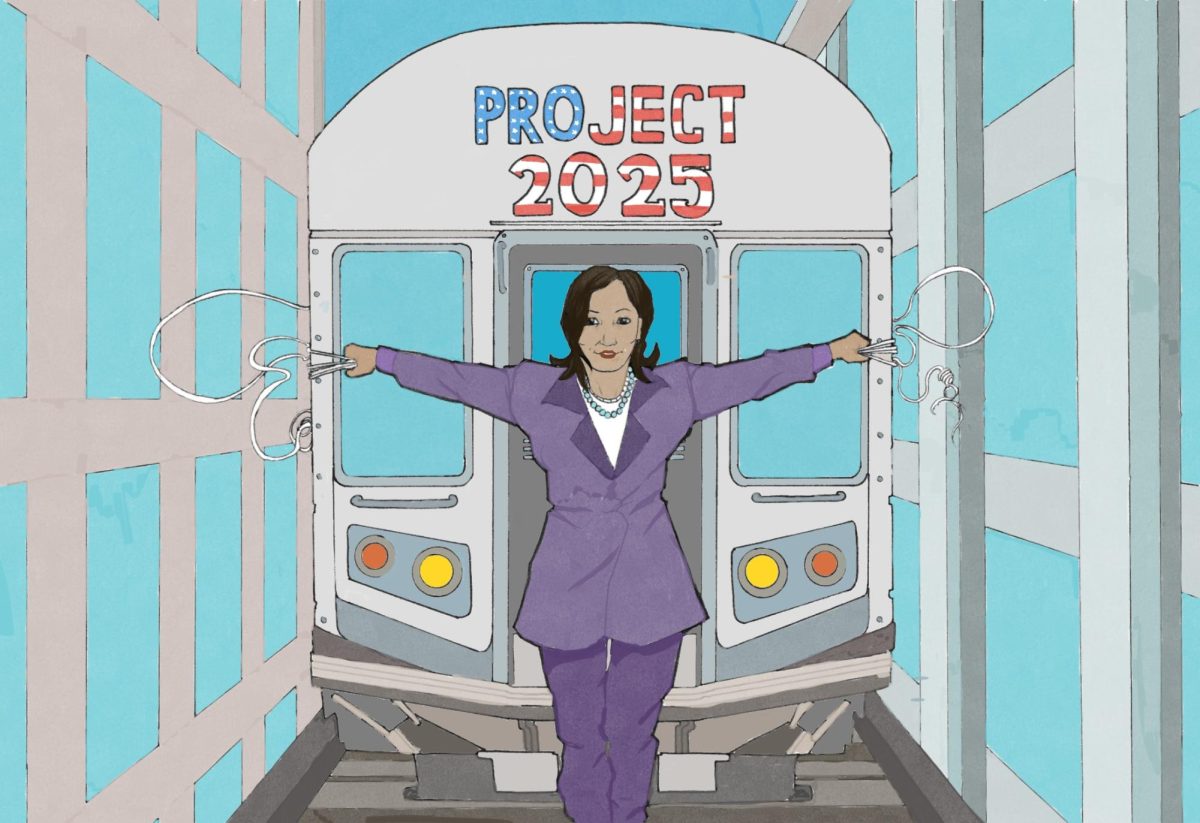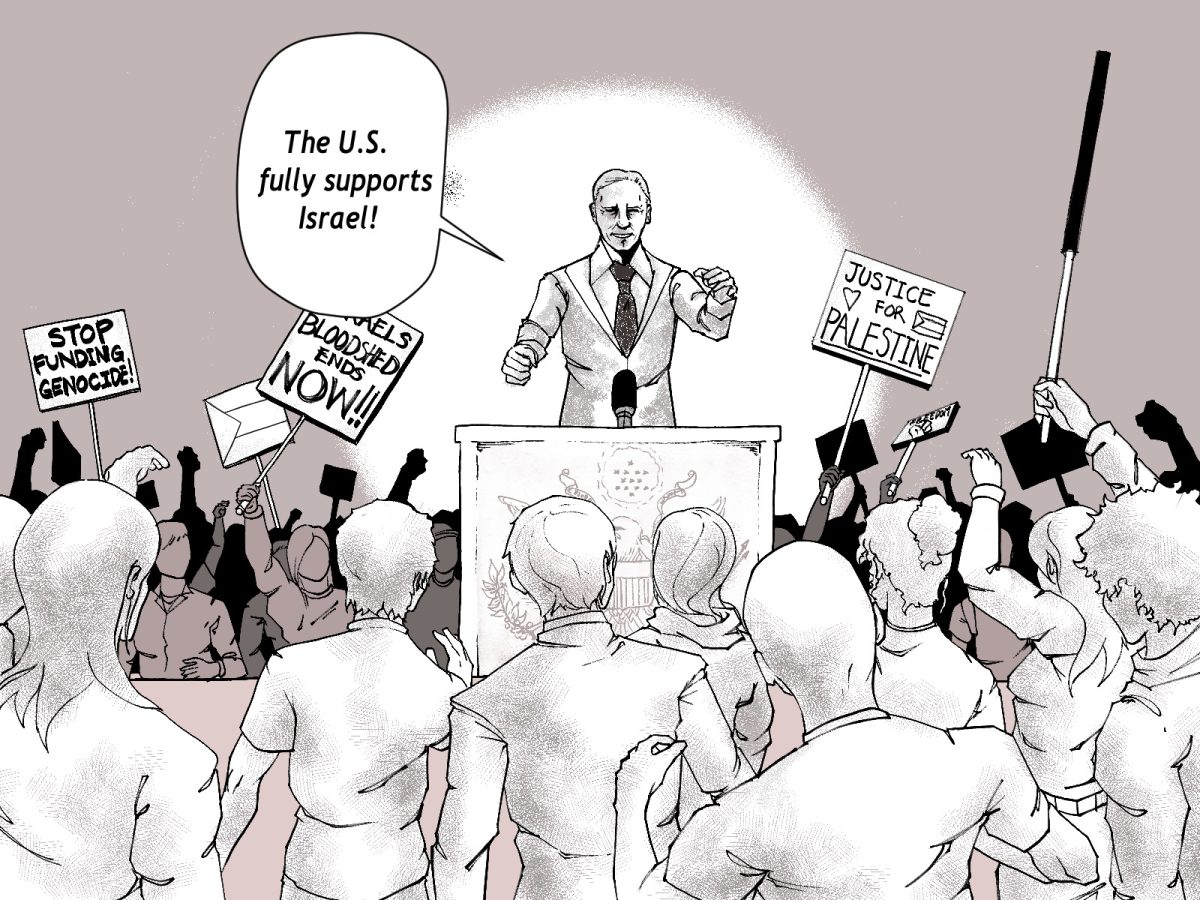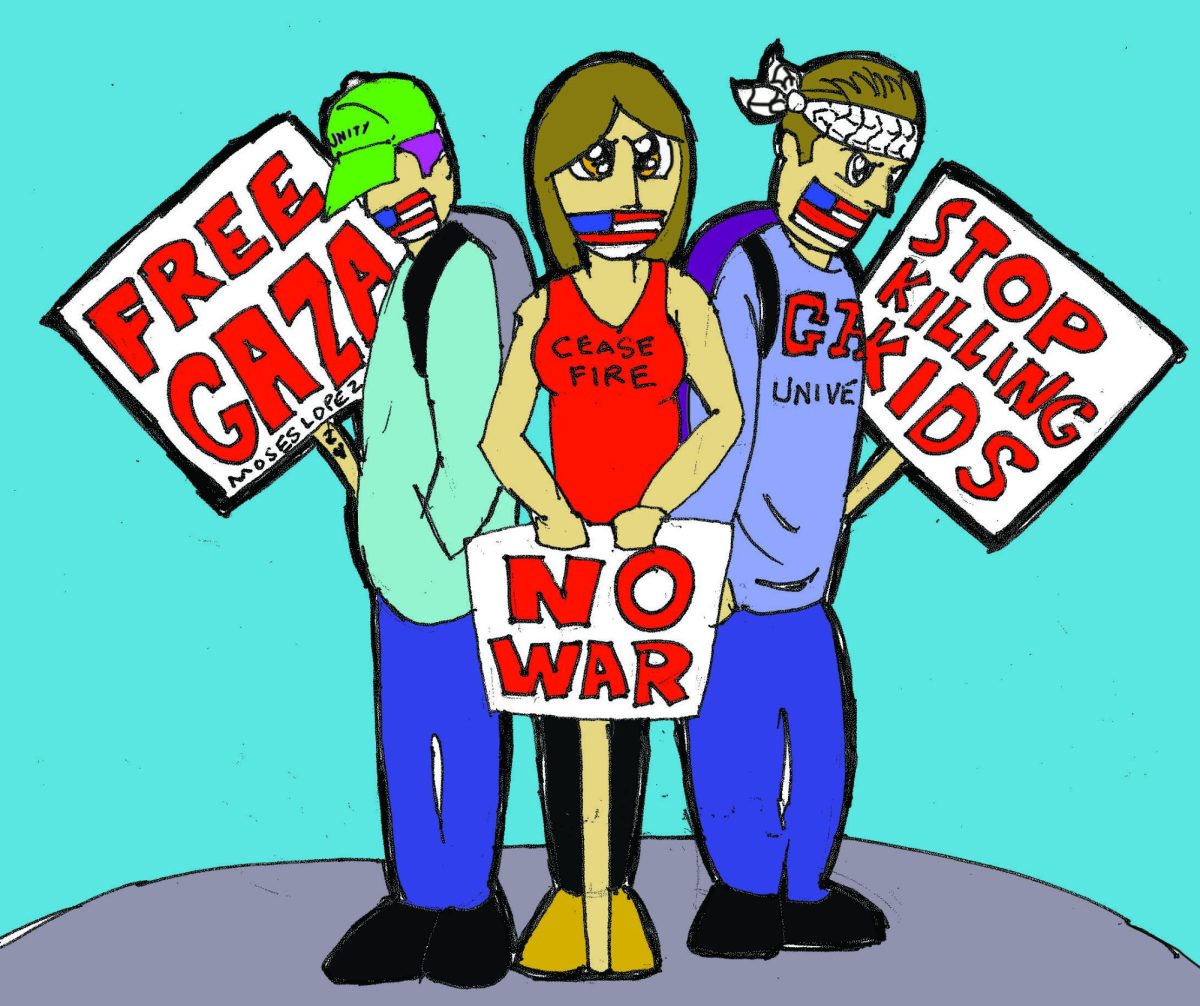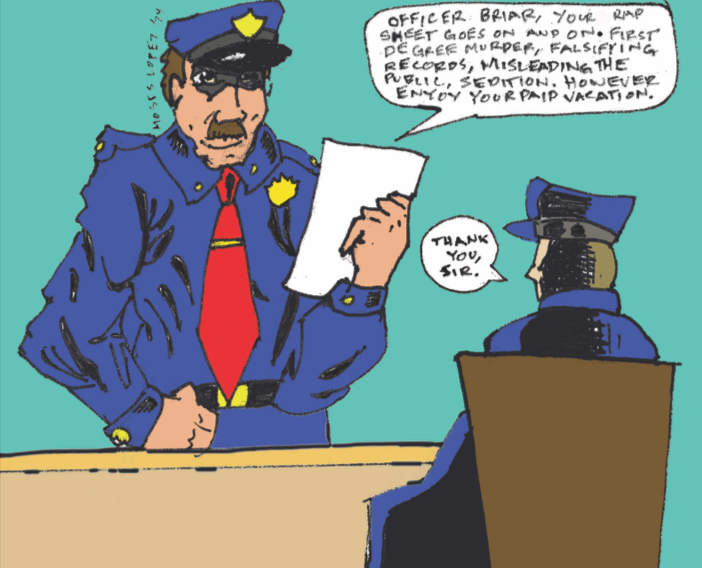With the information given, net neutrality would be eradicated and we the people will no longer have the rights we currently have on the world wide web, the Federal Communications Commission will most likely vote no.
On Dec. 14, the FCC will decide on whether they should continue to follow the principles of net neutrality, President Barack Obama established in 2015.
In other words, you might just have to pay extra to have access to certain websites.
The questions readers might have right now would be: What is net neutrality? Why is it a big deal?
In short, net neutrality gives users the ability to use all the resources the internet has to offer while internet service providers cannot charge or manipulate sites based on the content and purpose it serves.
Therefore, readers can easily access social media platforms like Facebook, stream videos and do research for term papers with ease.
However, it can all change if the FCC decides to end net neutrality.
Without net neutrality, internet service providers will have the ability to limit our online rights through the use of blocking sites, intentionally slowing down speeds and having us hand over our wallets to view only certain sites — not including adding on costs for monthly subscriptions such as Netflix.
A better scenario to take into perspective is Portugal.
In Portugal, ISPs divide the Internet into packages similar to cable television. Users would then pay extra for a package they would want or need and eventually would be granted full access to the websites and apps within that package.
If the FCC and ISPs decide to take this route, Cerritos College students will have to pay just to log on to Canvas, MyCerritos and possibly online application sites for FAFSA and universities.
Net neutrality also safeguards online businesses both big and small, giving all equal opportunities to cultivate their audience and production with all the resources available.
Without it, all of them will have to pay fees just to have their sites and content available to the general public.
Small businesses such as the family-owned stores around campus and student entrepreneurs such as artists and tutors will have to make the dreadful decision: Pay the enormous fee to gain business on the internet through social media or to lose the audience they need to keep their audience constant.
The internet is no longer a high-end luxury like it was 20 years ago.
It has evolved into a critical aspect in modern life that our academic and professional lives depend on in order to advance into the next step in our planned careers.
Although the current way ISPs are handling the internet is not perfect, it is the best solution for society at this moment.
The awkward balance between government and big businesses still has its presence within the virtual realm, but for around $50 a month; our first amendment rights won’t be restricted online.
Groups such as Fight For The Future, Demand Progress and Free Press are currently creating online petitions for net neutrality and help individuals write to congress about their opinions towards net neutrality.
We need to fight for our right to fully experience what the web has to offer, otherwise we will have to spend double just to send a simple tweet.

















John • Dec 6, 2017 at 8:04 am
You can find online petitions on http://www.activistonthego.net 🙂